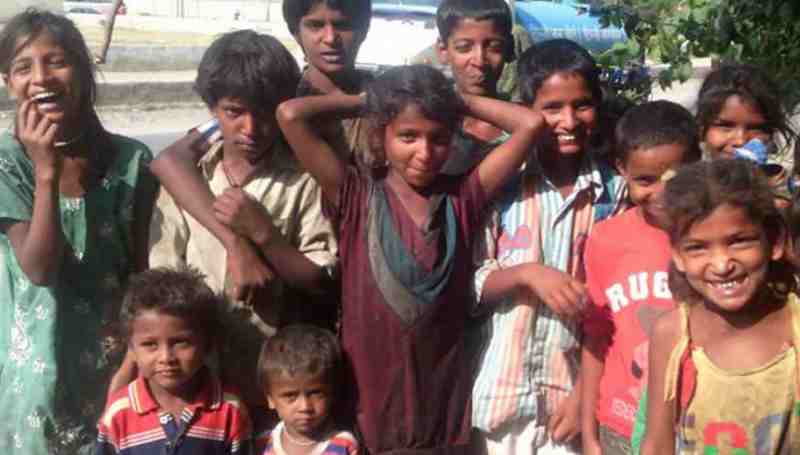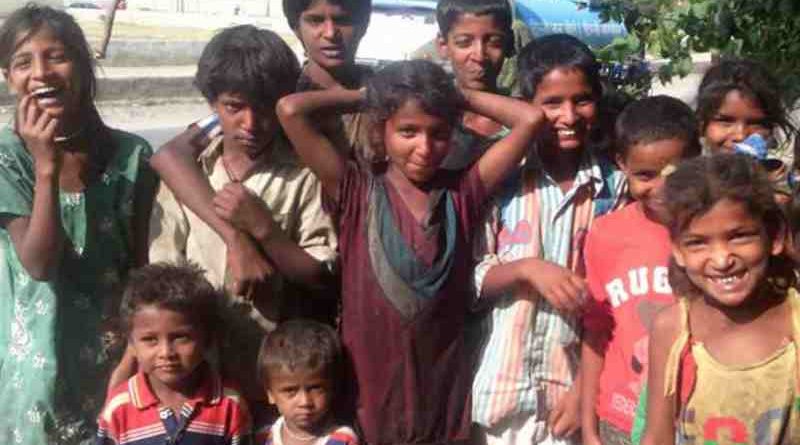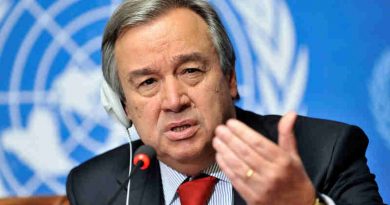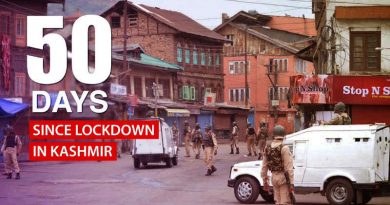UN Expert Launches Online Tool to Measure Impact of Unilateral Coercive Measures

UN Expert Launches Online Tool to Measure Impact of Unilateral Coercive Measures
Stakeholders can submit information through the tool’s submission form, which contains a number of thematic areas.
The Special Rapporteur on unilateral coercive measures and human rights, Alena Douhan, launched on September 20 a tool for monitoring and assessing the humanitarian impact of unilateral coercive measures. The online tool was presented during a side event at the 57th session of the UN Human Rights Council.
“Unilateral coercive measures” describe the economic or political actions taken by one or more countries to force another country to change its policies. These measures can include trade sanctions, such as embargoes, interruptions to financial or investment flows, and smart or targeted sanctions, such as travel bans and asset freezing.
The tool offers the possibility to observe how humanitarian indicators have been changing yearly, comparative with the data before unilateral sanctions were imposed, with special attention to years when sanctions pressure has been increased or decreased.
[ Pressed Reporter: Humanitarian Service to Protect Journalists and Press Freedom in the World ]
“The monitoring and impact assessment tool is unique,” Douhan said: “Due to the political discrepancy among states, adequacy of monitoring and assessment can only be achieved at the UN level through collecting information on specific indicators from all relevant sources, based on the principles of comprehensiveness, impartiality, transparency and verification.”
The Special Rapporteur said verified information is presented and visualized via an independent web interface. “Results of the monitoring and impact assessment pursue a humanitarian purpose only and cover at the moment only states directly affected by unilateral sanctions,” Douhan said. “In the longer perspective it is intended to assess the impact of unilateral coercive measures, means of their enforcement and over-compliance on all states, as even the sanctioning countries become affected by their own measures.”
Stakeholders can submit information through the tool’s submission form, which contains a number of thematic areas.
“It is another important step towards strengthening awareness about unilateral sanctions and overcompliance with such measures, and a means to create a momentum for a systematic monitoring and impact assessment, at the local, national, regional and international levels,” the independent expert said.
“The tool will provide us with specific data, making the evidence of the negative humanitarian impact undeniable. It will help to de-politicise the issue of humanitarian impact of unilateral sanctions, providing figures to enable victims of sanctions-induced human rights violations with the data necessary to access remedies, responsibility and redress,” Douhan said.
“I warmly invite States, international and regional organizations, national human rights institutions, civil society, academia and other actors to embrace this challenging initiative and submit information to the tool,” the expert said.
Ms Alena Douhan (Belarus) was appointed as Special Rapporteur on the negative impact of the unilateral coercive measures on the enjoyment of human rights by the Human Rights Council in March 2020.
Courtesy: UN Human Rights Office
💛 Support Independent Journalism
If you find RMN News useful, please consider supporting us.




